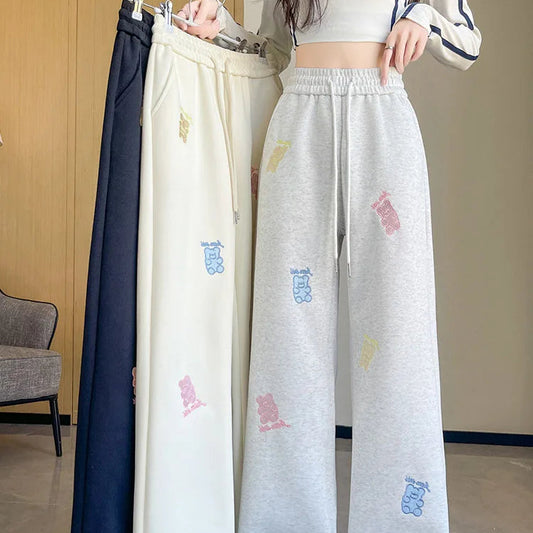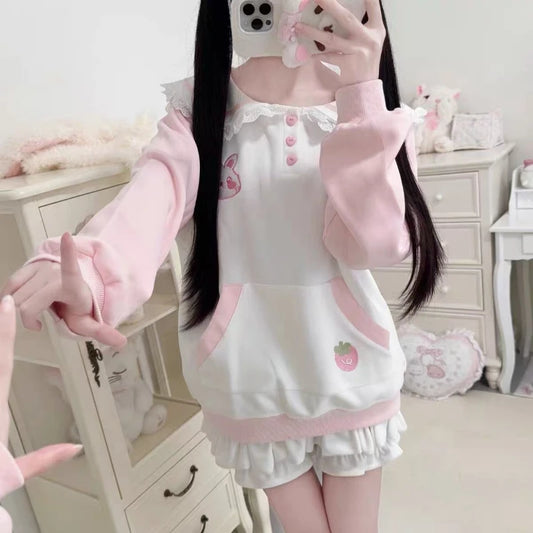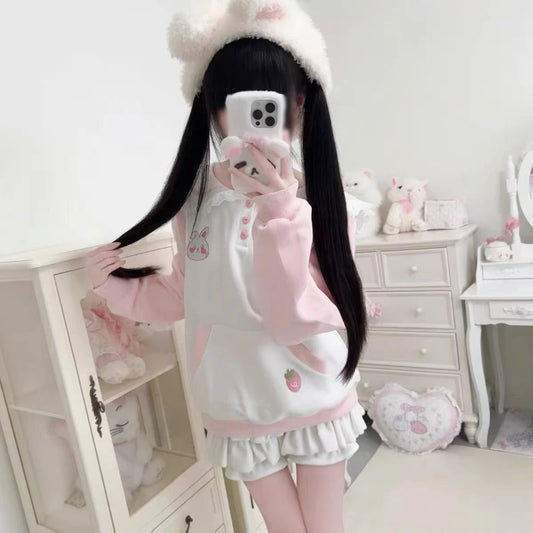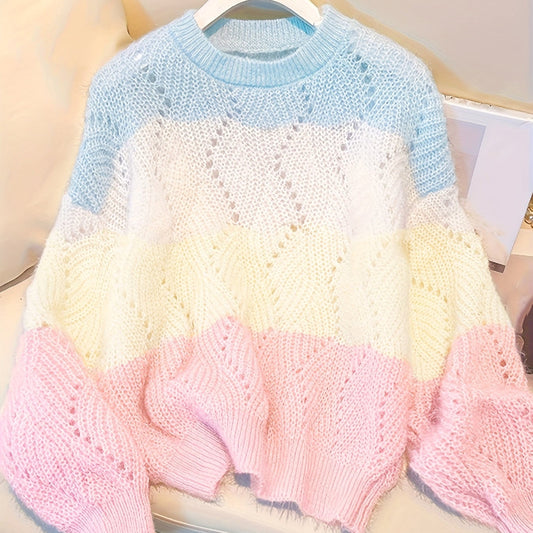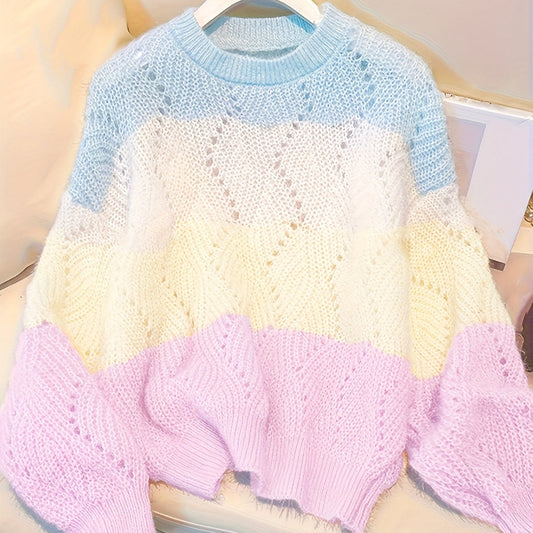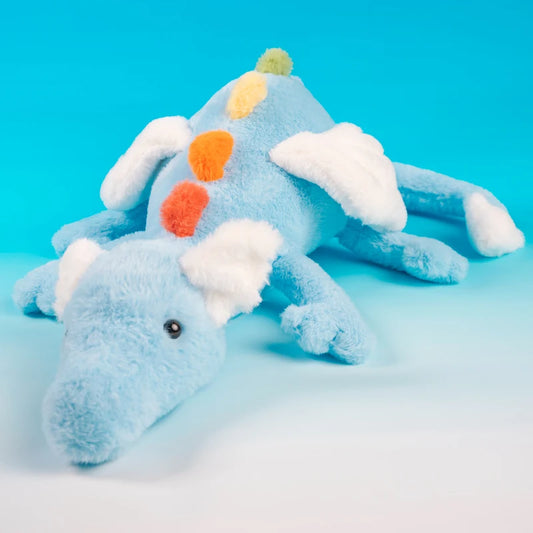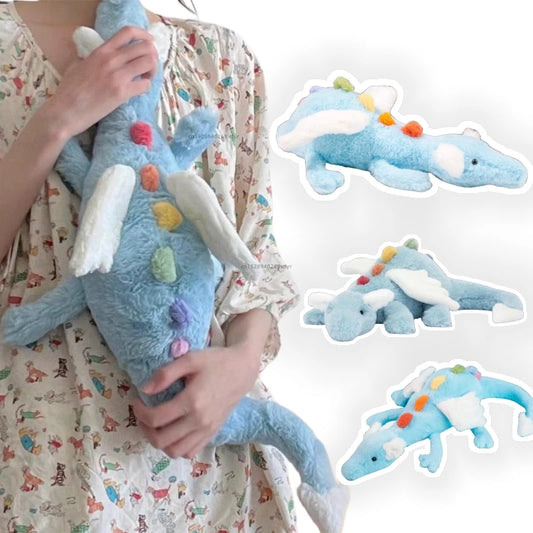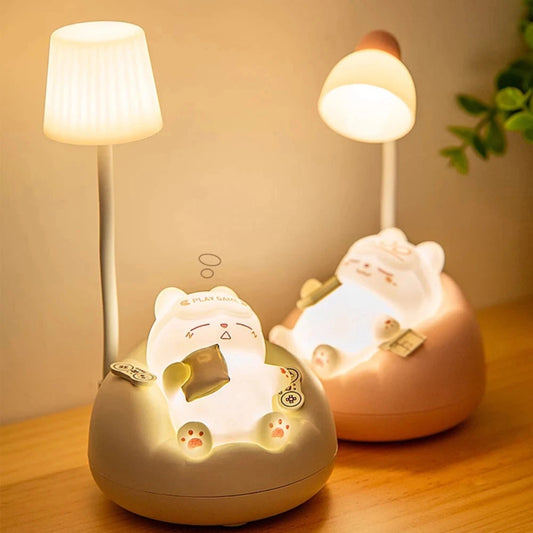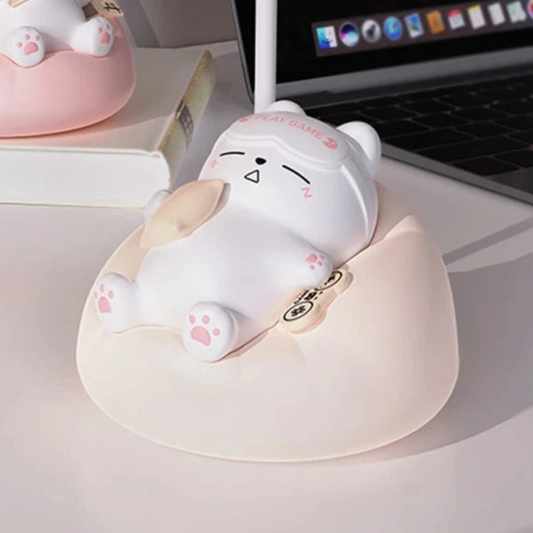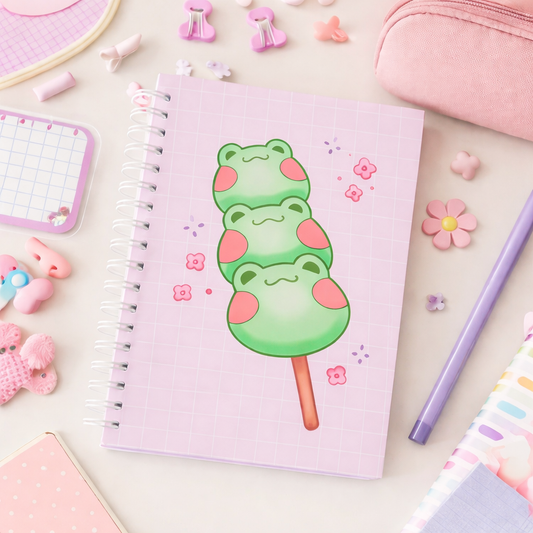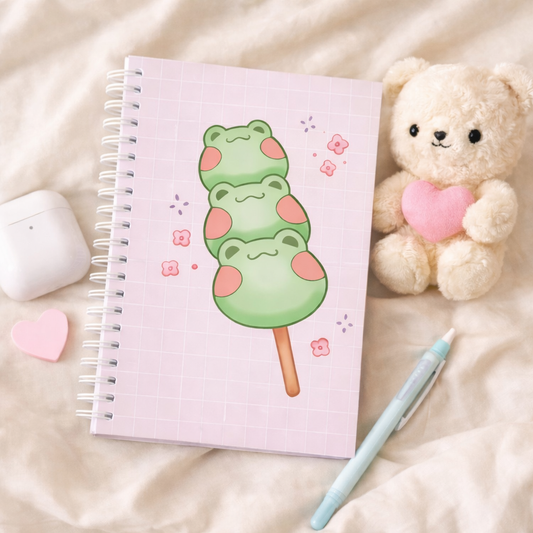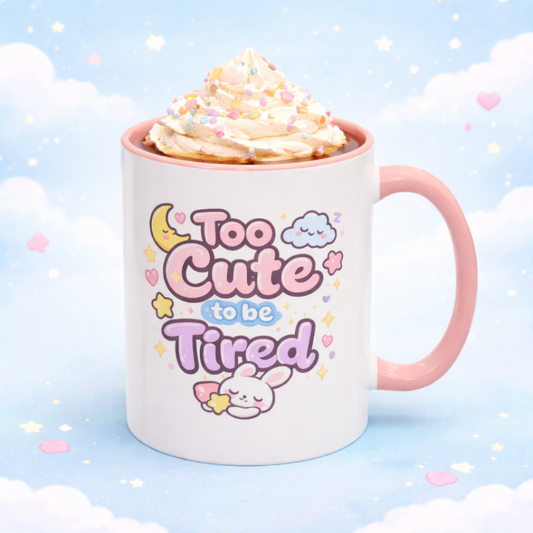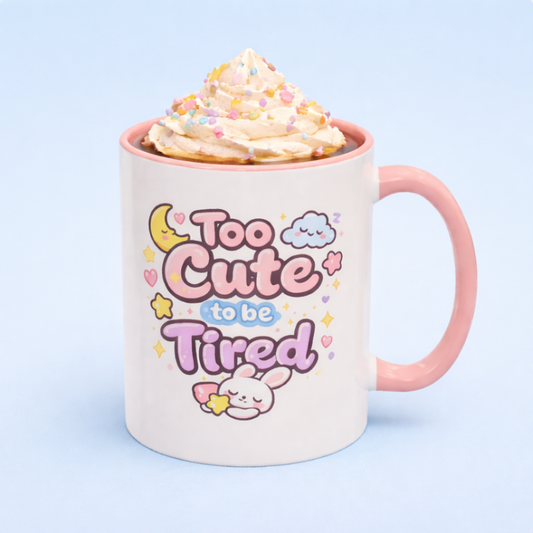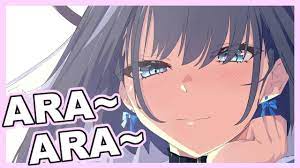
If you're a fan of anime, you may have heard or read the phrase "ara ara" at some point. This expression is often used by female characters in anime and manga, and has become a popular meme in recent years. But what exactly does "ara ara" mean, and where did it come from?
It's important to know that "ara ara" doesn't have a direct English equivalent. It's an interjection used to express a range of emotions, from surprise to amusement to concern. Depending on the context, it can be translated as "Oh my," "Well well," "My my," or "Oh dear."
The origin of "ara ara" is somewhat unclear, but it's believed to have been a common expression for women in Japan for centuries. In fact, it's still used in some regions today as a way to express surprise or disbelief. However, it wasn't until the 1980s and 90s that "ara ara" began to appear in anime and manga.
One of the earliest known uses of "ara ara" was in the 1995 anime series "Neon Genesis Evangelion." In the show, the character Misato Katsuragi uses the phrase to express surprise or concern. Since then, "ara ara" has appeared in many other anime and manga series, often as a way for female characters to show their softer, more nurturing side.
In recent years, "ara ara" has become a popular meme, often used in a humorous or ironic way. It's been adopted by fans of anime and Japanese culture, who use it to express a wide range of emotions online. Some have even suggested that "ara ara" has become a kind of catchphrase for the moe (cute and innocent) archetype of female characters in anime and manga.
So, what does "ara ara" mean? The truth is, it can mean different things depending on the context. It's an expression used to convey surprise, amusement, concern, or even flirtation. And while its origins may be somewhat murky, there's no denying that "ara ara" has become an enduring part of Japanese pop culture. Whether you're a fan of anime or not, chances are you'll come across this phrase at some point – and now you know what it means!





